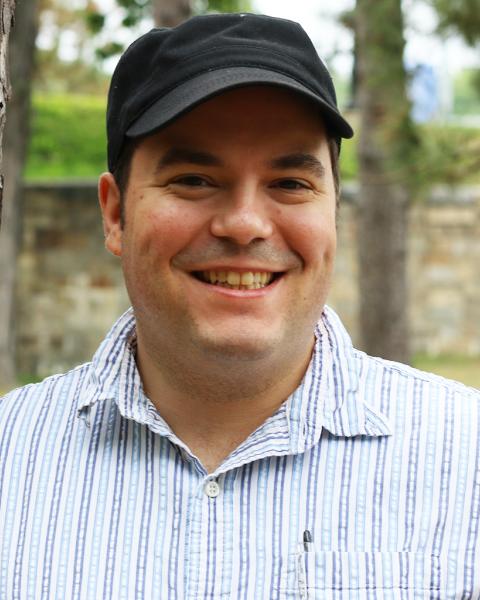Greenville Looks to the Future
When it comes to thinking about the future, a little comfort food helps. On a Friday night in October, Greenville residents gathered in a school cafeteria to share ideas about the future of their town. Aided by slow cookers full of soups and stews and a table full of snacks, small groups of residents talked about the town’s strengths, along with ideas for its future, at the UNH Cooperative Extension-supported Greenville Community Profile.
The conversations were the latest step in Greenville’s ongoing community visioning process, better known as Vision 2020. Led by the Greenville Community Profile Steering Committee, a dedicated group of volunteers, and facilitated by volunteers and Extension’s Community and Economic Development team, the visioning sessions help towns chart a course for the future. Visioning sessions establish committees, prioritize projects, and rally residents around common goals.
Before any conversations can start, you’ve got to bring people together. Kristy Zina and Heather Schoff are co-chairs of the Vision 2020 Community Profile Steering Committee. To entice people to attend the two-day session, they organized a plant sale, handed out cake-pops and cookies at the town’s annual “Third of July” midnight parade, and hosted an ice cream social, among other public engagement events, all leading up to the event.
“What’s really important in this process is making sure you reach out to every person in the town, and that’s what made it successful,” Zina says, adding that the committee spent about 300 hours on bringing the event to fruition.
Technology helped with spreading the word and organizing everything. But, according to Zina, the secret to success was food: “We used food through our engagement to draw people in, which was wildly successful.”
Empowering Citizens
Members of Cooperative Extension’s Community and Economic Development team facilitate visioning sessions like the one in Greenville throughout the state. The events are citizen-driven — volunteers lead the efforts and ask town officials to join in. Extension staff work as trusted resources who help facilitate the conversation.
“The whole point is that we don’t want community members to think that town government will make the event and follow-up action groups happen,” says Extension field specialist Sharon Cowen. “We want citizens to feel empowered to do this. This is their profile, their event.”
Working with the steering committee, Extension staff helped create an agenda for the two-day event, but relied on volunteers to make the program happen.
Community visioning sessions are all about engagement and participation. And, as Greenville residents saw firsthand, the best way to get people together and start conversations is by providing food. During the Friday evening session, a potluck dinner got things rolling. A local historian offered a short history of Greenville, and then the entire group shared ideas about the town, while Extension staff took notes. The evening ended with small group discussions on topics like business retention, natural resources and education.
Every discussion in every town is different. In Greenville, residents identified plenty of strengths the town already possesses: “We’re a town that cares about kids,” one person said. Another pointed to the annual midnight parade on July 3, while someone else mentioned Greenville’s two hydropower stations.
Those topics set the agenda for the second day. Residents once again broke up into small groups, each focused on a topic established the night before. More ideas, hopes and strategies were shared, and at the end of the day, the groups came together once again to figure out which projects and ideas the town should address. As for the future, residents said they’d like to see a more “dynamic community” that offers a “variety of places for kids to play” and a “viable business district.” The town’s future characteristics, according to some residents, include, “A nice place to live with employment opportunities,” “More people moving in,” and “A greater commitment to parks and recreation.”
Meanwhile, throughout the profile process, Extension staff remain focused on helping elevate the work of the volunteers. For example, Extension specialists train volunteers in facilitating group discussions, so that the event remains citizen-driven. After the event, Extension staff take the notes from the visioning session, synthesize themes and present a report to town officials and volunteers. Most towns choose four to six projects to tackle, and the hope is that residents at the visioning session will go on to participate in those projects. “The goal,” says Sue Cagle, Extension field specialist, “is to capture the energy from tonight and move things forward.”
The event was, by all measures, a success. “People came to make changes and share ideas,” Schoff says. “Maybe it’s that — or the soup.”
Following Up
In each community, residents who have committed to being part of an action group will meet again several weeks after the initial community profile discussion. For Greenville, the community identified a need for action groups focused on economic development, downtown revitalization, town hall renovation, and establishing a parks and recreation department. Many of the members of the action groups came together on Nov. 8 to discuss specific next steps, develop a schedule, and who else might join these groups. Many hands make light work, and Greenville is committed to working together as a community for their shared future.
Related Resource(s)

